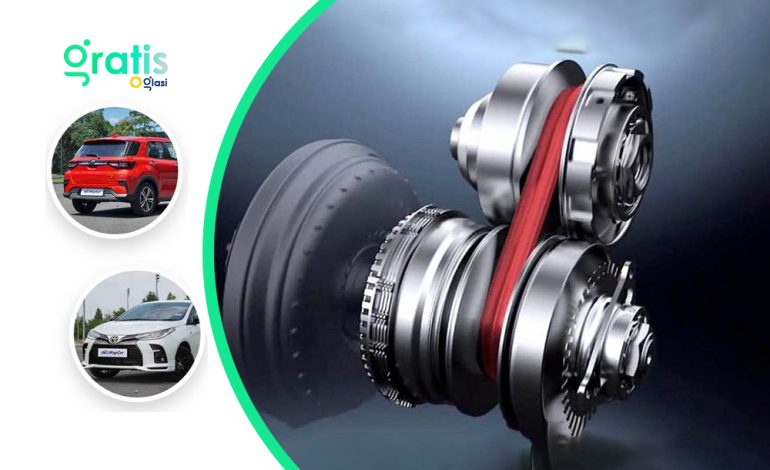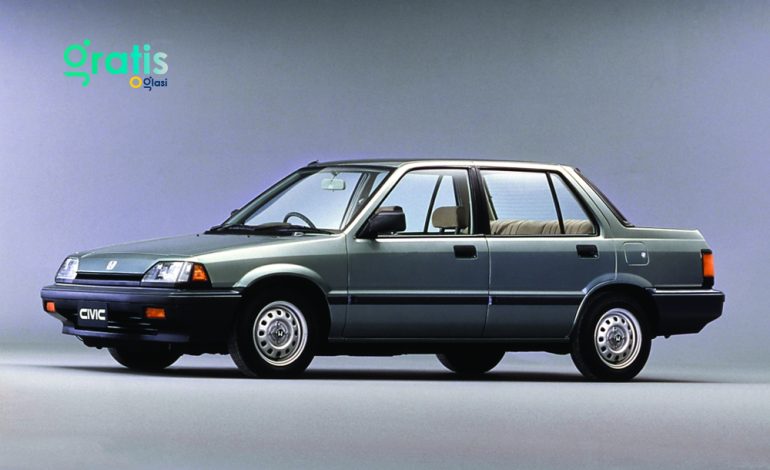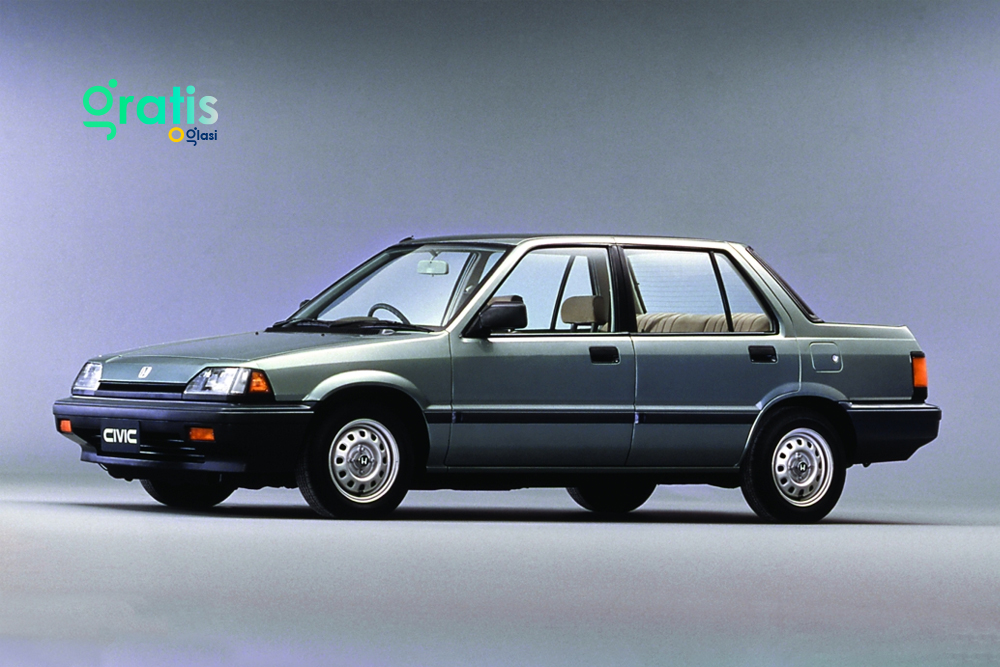
Honda CVT Problems: Understanding Issues and Solutions
Regarding vehicle transmissions, the Continuously Variable Transmission (CVT) is a technology designed to provide seamless shifting, enhancing fuel efficiency and driving comfort. However, some Honda models equipped with CVTs have encountered issues, causing concerns among vehicle owners. Let’s delve deeper into Honda CVT problems, their causes, solutions, and their impact on vehicle performance.
Understanding Continuously Variable Transmission (CVT)
Continuously Variable Transmission (CVT) is a groundbreaking technology revolutionizing car gear shifting, operating seamlessly through an infinite range of gear ratios. Unlike traditional transmissions, CVT’s pulley-and-belt system ensures smooth acceleration, optimal engine performance, and improved fuel efficiency by adapting continuously to driving conditions.
While offering a comfortable and efficient driving experience, concerns exist regarding reliability, repair complexities, and overheating. However, ongoing technological advancements by manufacturers like Honda aim to enhance CVT’s durability and efficiency, promising a brighter future for this innovative transmission system.
Common Honda Models with CVT Issues
Some of Honda’s flagship models, including the Accord, Civic, and CR-V, as well as the Honda Civic 1990 coupe, have encountered intermittent problems with their Continuously Variable Transmission (CVT) systems. Despite their reputation for reliability and performance, these models have experienced occasional glitches in their transmission, impacting the smoothness of gear shifts and overall driving experience.
Symptoms of CVT Problems
Detecting problems with a Honda’s CVT is crucial for timely maintenance. Signs include:
- Transmission Slipping: Loss of power or sudden RPM drops while accelerating.
- Overheating: Erratic behavior, warning lights, or burning smells indicating potential fluid or system issues.
- Delayed Response: A gap exists between pressing the gas and actual acceleration.
- Unusual Noises: Whining, grinding, or humming sounds from the transmission area.
- Vibration/Shuddering: Felt during gear changes, signaling internal irregularities.
- Warning Lights: Dashboard indicators related to transmission or powertrain.
- Fluid Leaks: Visible leaks near the transmission could point to fluid issues.
- Erratic Performance: Inconsistent acceleration or difficulty maintaining speed.
Causes Behind Honda CVT Problems
Honda’s CVT issues stem from a variety of factors. Irregular or degraded transmission fluid, design quirks within certain models, and routine maintenance neglect contribute to operational glitches. Overheating, electronic malfunctions, and the complex nature of CVT systems also play roles in causing disruptions. Addressing these issues requires meticulous care, emphasizing proper maintenance, fluid management, and ongoing technological improvements.
Addressing and Preventing CVT Issues
- Regular Maintenance Checks: Routine checks by certified technicians are crucial to catch early signs of CVT problems. These inspections ensure proper fluid levels and early detection of potential issues before they become severe.
- Using Recommended Fluids: Employing manufacturer-recommended fluids for the CVT is vital. These high-quality fluids are tailored for the transmission system, optimizing its performance and preventing common issues like overheating or slipping.
- Software Updates: Staying updated with Honda’s software revisions is essential. These updates often tackle known issues, enhancing the CVT’s reliability and smooth functionality. Keeping abreast of these updates is key to ensuring the transmission’s proper operation.
Impact of CVT Problems on Vehicle Performance
Issues with Honda’s CVT transmissions can greatly impact vehicle performance. Reduced fuel efficiency is a common problem, stemming from issues like slipping or delayed response within the transmission. When the CVT isn’t functioning optimally, it significantly affects how efficiently the vehicle utilizes fuel. Moreover, compromised acceleration is another consequence of CVT problems. These issues can cause the vehicle’s acceleration to become sluggish or uneven, impacting its responsiveness when accelerating or overtaking other cars.
Beyond performance issues, there are safety concerns associated with severe CVT problems. Delayed response or sudden transmission slips can compromise the vehicle’s stability and control, potentially leading to hazardous situations on the road. These safety risks underline the importance of promptly addressing CVT issues to ensure efficient performance and road safety.
Repair and Replacement Costs
- Expensive Repairs: Neglected or worsening CVT issues often result in significant repair costs. Fixing complex transmission problems demands specialized skills and costly parts, driving up expenses.
- Financial Strain: The high repair or replacement costs can unexpectedly strain the vehicle owner’s finances. This financial burden might impact other vehicle maintenance needs or personal expenses.
- Consideration for Replacement: Severe CVT issues might necessitate complete replacement instead of repair, further escalating the expenses in resolving the transmission problem, especially when dealing with cars on installments.
Honda’s Response and Customer Support
Honda has shown a proactive response to the reported issues with certain CVT-equipped models. They’ve initiated recalls, extended warranties, and improved their service centers to address these concerns efficiently. Honda values transparency, communicates openly with affected owners, and prioritizes customer assistance to minimize disruptions. Additionally, they’re committed to continuous improvement, incorporating feedback and aiming for long-term vehicle reliability.
Consumer Advice for Dealing with CVT Problems
- Regular Maintenance: Stick to Honda’s recommended maintenance schedules, especially regarding fluid checks and changes.
- Fluid Quality: Always use the fluids Honda recommends to maintain optimal CVT performance.
- Stay Updated: Look for recalls or updates from Honda, as these often address underlying issues.
- Professional Guidance: Consult certified mechanics or Honda service centers at the first sign of trouble.
- Driving Habits: Smooth driving can reduce stress on the CVT, so pay attention to your acceleration and braking.
- Early Detection: Be vigilant for any unusual sounds or behaviors while driving.
- Documentation: Keep records of all maintenance and repairs related to the CVT for warranty purposes.
- Professional Assessment: Consider getting a professional mechanic’s opinion when purchasing a used Honda with a CVT.
- Community Engagement: Join online forums to learn from other Honda owners’ experiences with CVT issues.
- Patience and Proactivity: Dealing with CVT issues might take time, so stay patient and persistent in seeking solutions.
Community Forums and Experiences of Honda
Online forums have become vital spaces for Honda owners grappling with CVT issues. These digital communities serve as platforms where owners connect, share stories, and seek advice. They offer a wealth of firsthand experiences, solutions, and emotional support. Members discuss symptoms, solutions, and manufacturer responses and build a comprehensive knowledge base. These forums influence decision-making for prospective buyers, providing unfiltered insights into real-world experiences.
Expert Recommendations and Insights in Honda
They advocate for regular servicing, using genuine parts and fluids per Honda’s recommendations. Adherence to manufacturer guidelines, including diagnostic checks and preventive measures, is crucial. Owners are encouraged to educate themselves about their vehicle’s CVT system, stay updated on warranties and service bulletins, and consult certified mechanics when needed. Experts foresee continuous technological advancements from Honda, expecting improvements in their CVT systems in future vehicle models.
Future of CVT Technology in Honda Vehicles
Honda is actively shaping the future of CVT technology in its vehicles. They focus on enhancing efficiency, reliability, and integration with hybrid and electric platforms. Adaptive features, reduced environmental impact, improved driver engagement, and ongoing research and development ensure that Honda’s CVT technology will offer an efficient, reliable, and engaging driving experience.
Frequently Asked Questions (FAQs)
Not necessarily. While certain Honda models with CVTs have encountered problems, not all vehicles within the range have experienced these issues. It varies based on the specific model and other factors.
If you notice signs of CVT trouble like slipping or overheating, it’s best to get it checked by a professional. Continuing to drive may worsen the problem and lead to more severe issues.
Following the manufacturer’s recommended maintenance schedule is advisable. Regular check-ups during routine servicing can help detect and prevent potential CVT problems.
Conclusion
Honda CVT problems can significantly impact the driving experience and vehicle performance. However, owners can mitigate these issues effectively with proactive maintenance, adherence to manufacturer guidelines, and staying updated with recalls and improvements.






